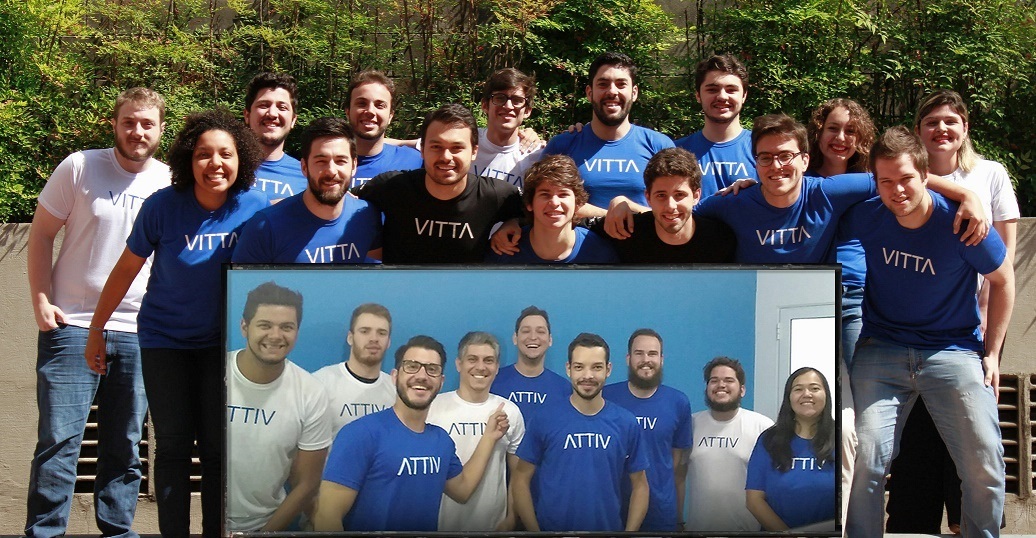
Vitta, developer of management and payment technologies for clinics and hospitals, elected one of the promising companies in Brazil by Endeavor and Banco JP Morgan, invested by Arpex Capital and Finvest, has just merged with Katu Sistemas, owner of ClinicWeb, the first medical record electronics in the cloud in Brazil. With the merger, the company becomes one of the largest national health technology companies, leader in the cloud electronic medical record market in the country, with over 9 million patients. In the year 2017, the solution is expected to generate savings of R$2.3 billion in the healthcare sector and is estimated to transact R$1.4 billion with its payment system.
Through the merger, it brings innovations to the market in 22 states. The products of the new company, which will bear the name Vitta, are used by Einstein, Hospital do Coração (HCor), LottenEyes, Dr. David Uip and more than 13,000 doctors in private clinics and hospitals, handling 400,000 exams per month. The solution eliminates the use of paper for medication prescriptions, reduces the risk of manual errors and patient mortality, and is the only one capable of connecting electronic medical records to the first digital prescription system in the country, integrated with approximately 24,000 pharmacies and laboratories.
Approved by the Federal Council of Medicine (CFM), the prescribed prescriptions are sent directly to the drugstore system, including the Onofre, Drogasil and Raia networks. To prescribe a medication, the doctor simply uses the tool, inserting the patient's CPF in the digital prescription, which, later, must be collected at the drugstore, which eliminates the need for a physical prescription.
With the exams, the requests made by the doctor are automatically directed to the chosen laboratory, such as Fleury, Sabin and Einstein, with all the patient's data and the pre-authorization of the agreement. As soon as the result is ready, the doctor is notified and can view it on his cell phone, tablet or computer, as the technology directly connects the doctor and the laboratory, eliminating the process of withdrawing exams by the patient.
In the United States, this technology is used and generates expressive results. It is estimated that the use of a digital medical prescription system will result in savings of up to US$ 240 billion over the next ten years. Prescription drugs represent 10% of total healthcare expenditures, or 1.8% of US GDP.
According to João Gabriel Alkmim, partner at Vitta, this was an important step for the company and the health sector as a whole. “We took another important step on this journey: we started to connect the supplementary health chain, automating processes that were manual, to generate unprecedented savings in the sector and improve the lives of millions of patients. We work tirelessly to improve the health of our country,” he says.
For Paulo Salomão, from Katu Sistemas, the use of paper instruments, such as physical records, prescriptions and exam requests, is a major loss factor for the entire system. “It is unacceptable that a sector such as the health sector still has its processes so dependent on paper. In addition to errors, there are huge financial losses at each stage, ranging from unnecessary exams, lack of follow-up of chronic patients in early stages, glosses with health insurance, among other complications. We broke this paradigm”, he says.












